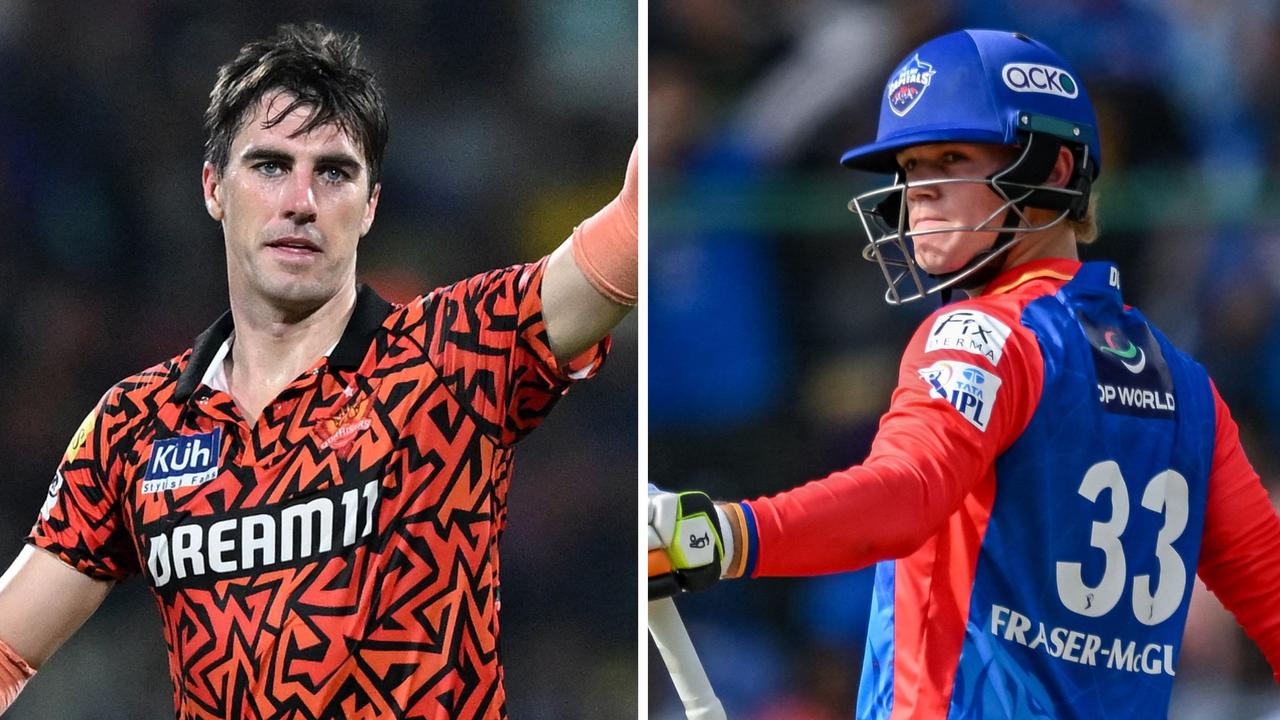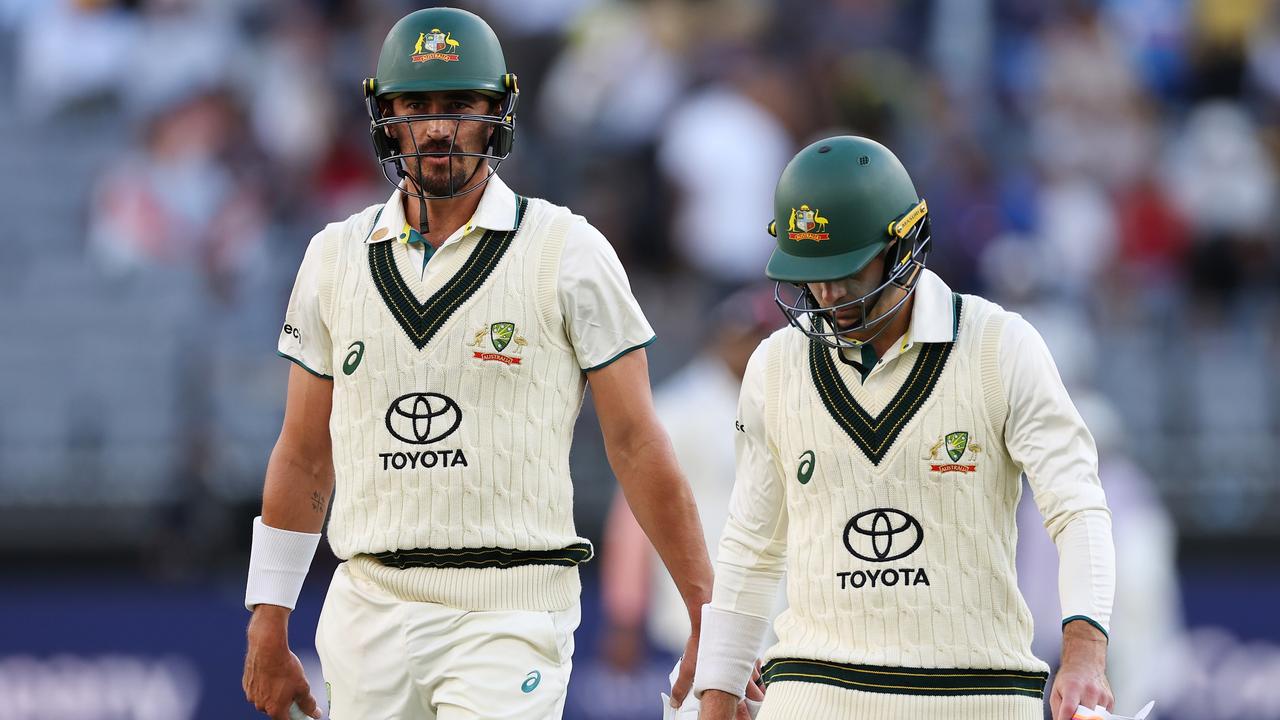The two-letter word that will save sport from the grips of gambling ads

- by Admin
- August 20, 2024

Amid the growing furore over gambling advertising, Australian sporting codes are hoping for a watering down of the late Peta Murphy’s proposed reforms.
The basis of their claim is that the substantial revenue they receive from their association with wagering firms is essential to the health of sporting codes across Australia. But what exactly do these codes mean when they talk about the health of the sport?
Australian sporting codes are hoping for a watering down of the late Peta Murphy’s proposed gambling reforms.Credit: Fairfax Media
The deals sporting bodies strike with gambling allows them to earn revenue that, we are told, is used to further develop the sport. True enough I’m sure, but all gambling revenue comes with a widely acknowledged serious risk to the integrity of the sport. And although our sporting codes swear integrity is paramount, their performance suggests otherwise.
The Australian sports betting model was established through state legislation in Victoria in 2007. Under this model, sporting codes apply to become a registered sports controlling body (SCB), and status is granted once the state regulator is satisfied that the code has put in place sufficient integrity measures to monitor the behaviour of those under its control, educate participants of the risks of gambling corruption and investigate match fixing activity.
Once SCB registration is obtained, the sporting code is free to enter partnerships with wagering operators who will, not surprisingly, propose any number of betting types, known as contingencies. Once a contingency is approved, the code receives a percentage of the revenue generated.
Loading
What our sporting codes have failed to understand is that wagering bodies are experts at seeking out every conceivable betting opportunity, all designed to generate revenue for them regardless of the risk it presents to the integrity of the specific sport. And the risks vary widely. Betting on a best and fairest award determined by votes cast by officials over a long season presents a much smaller integrity risk than betting on an award determined by a single person, for example.
The scheme envisages that each code’s integrity team will undertake a rigorous risk assessment when wagering firms seek approval for new bet types. Sadly, this doesn’t happen often enough, if at all.
The AFL’s lack of preparedness for the sports gambling world it entered was exposed in 2014 when it was revealed that betting continued on its Rising Star Award in the days between the winner being determined privately by a panel of judges and award night. Blind Freddy would have recognised the arrangement as opening the door to insider betting, but it took media exposure for the AFL to respond. Though the AFL survived the regulator’s investigation and promised to do better, last year’s Brownlow Medal voting controversy showed it had learned nothing. The wagering industry’s request to allow punters to bet on the round-by-round Brownlow voting meant the umpires in each match became privy to inside information while betting was underway.
The Latest News
-
November 23, 2024Katy Perry receives good news amid legal battle with Australian designer
-
November 23, 2024Perth onslaught exposes glaring Aussie absence; legend’s warning for ‘deflated’ Lyon — Talking Pts
-
November 23, 2024Tammy Hembrow marries reality TV star in stunning ceremony
-
November 23, 2024South African prodigy a PGA threat
-
November 23, 2024Round three tee-times – PGA Championship of Australia





